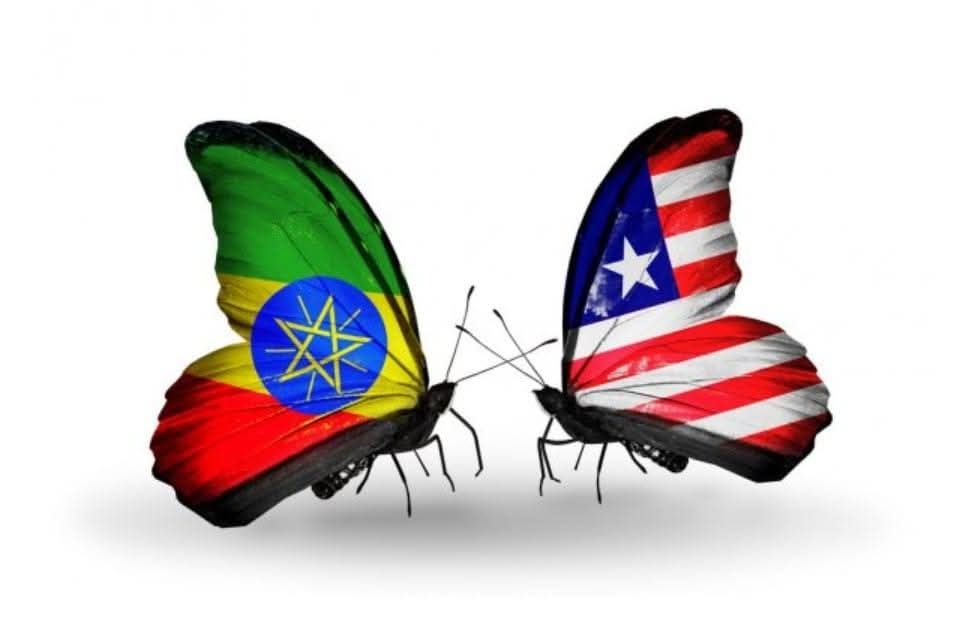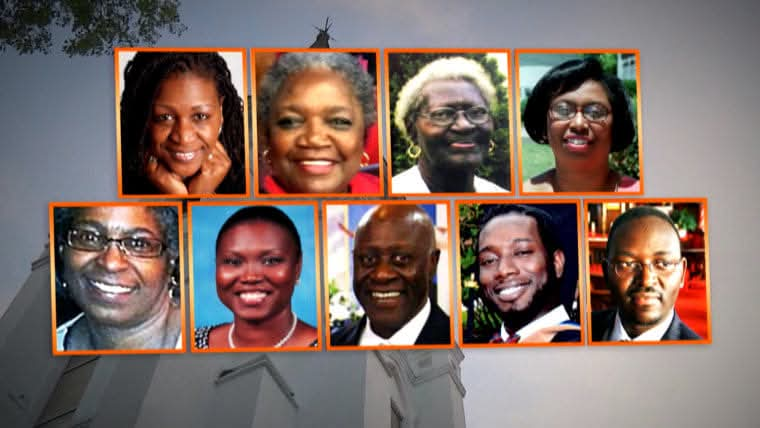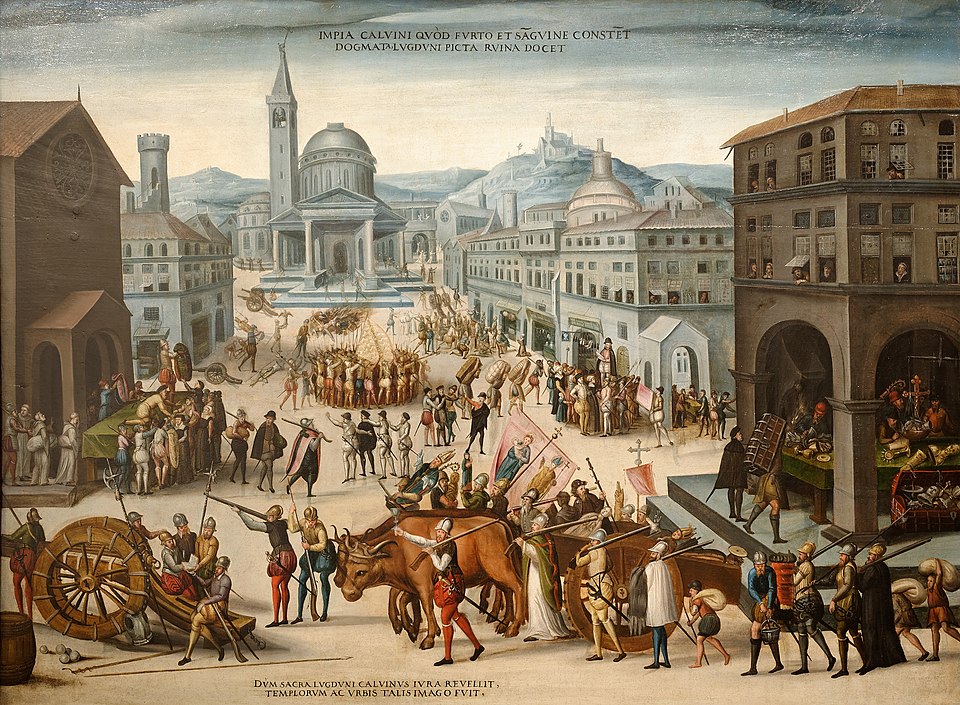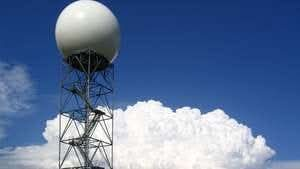SEYCHELLES: From an Uninhabited Island to a Blooming African Sovereign Country
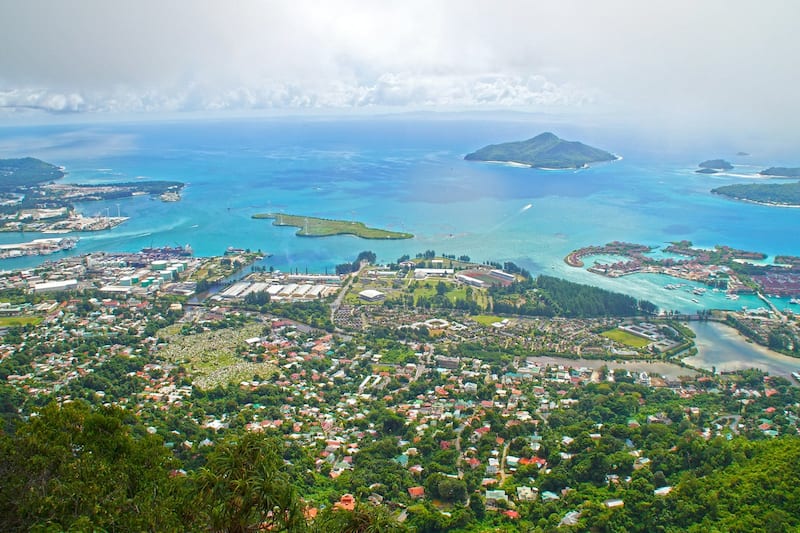
Did you know that Seychelles is the smallest sovereign country in Africa as well as the least populated with an estimated 100,600 people as of 2022, but leading in the continent with the most Infrastructures (not surprisingly, going by its size)?
Seychelles (officially the Republic of Seychelles) is an island country and archipelagic state. Its capital and largest city is Victoria. Seychelles is located in the Somali Sea segment of the Indian Ocean, northeast of Madagascar and about 1,600 km (860 nmi) east of Kenya. The country is bordered by nearby island countries and territories which include the Comoros, Madagascar, Mauritius, and the French overseas departments of Mayotte and Réunion to the south; and Maldives and the Chagos Archipelago (administered by the United Kingdom as the British Indian Ocean Territory) to the east.
Historically, Seychelles was uninhabited until the 18th century when Europeans arrived with enslaved Africans. Vasco da Gama and his 4th Portuguese India Armada discovered the Seychelles on 15 March 1503; the first sighting was made by Thomé Lopes aboard Rui Mendes de Brito. Da Gama's ships passed close to an elevated island, probably Silhouette Island, and the following day Desroches Island. Later, the Portuguese mapped a group of seven islands and named them The Seven Sisters. The earliest recorded landing was in January 1609, by the crew of the Ascension under Captain Alexander Sharpeigh during the fourth voyage of the British East India Company.
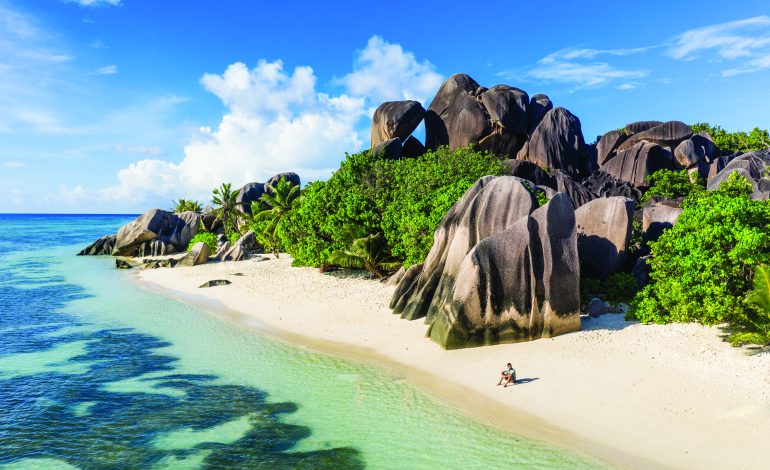
A transit point for trade between Africa and Asia, the islands were said to be occasionally used by pirates until the French began to take control in 1756 when a Stone of Possession was laid on Mahé by Captain Nicholas Morphey. The islands were named after Jean Moreau de Séchelles, Louis XV's Minister of Finance.
The British frigate Orpheus commanded by Captain Henry Newcome arrived at Mahé on 16 May 1794, during the War of the First Coalition. Terms of capitulation were drawn up and on the next day, Seychelles was surrendered to the United Kingdom. Jean Baptiste Quéau de Quincy, the French administrator of Seychelles during the years of war with the United Kingdom, declined to resist when armed enemy warships arrived. Instead, he successfully negotiated the status of capitulation to Britain which gave the settlers a privileged position of neutrality. Britain eventually assumed full control upon the surrender of Mauritius in 1810, formalised in 1814 at the Treaty of Paris. Seychelles became a crown colony separate from Mauritius in 1903. Elections in Seychelles were held in 1966 and 1970.
In 1976, Seychelles gained independence from the United Kingdom and became a republic. It has since become a member of the Commonwealth. In the 1970s Seychelles was "the place to be seen, a playground for film stars and the international jet set". In 1977, a coup d'état by France Albert René ousted the first president of the republic, James Mancham. René discouraged over-dependence on tourism and declared that he wanted "to keep Seychelles for the Seychellois".
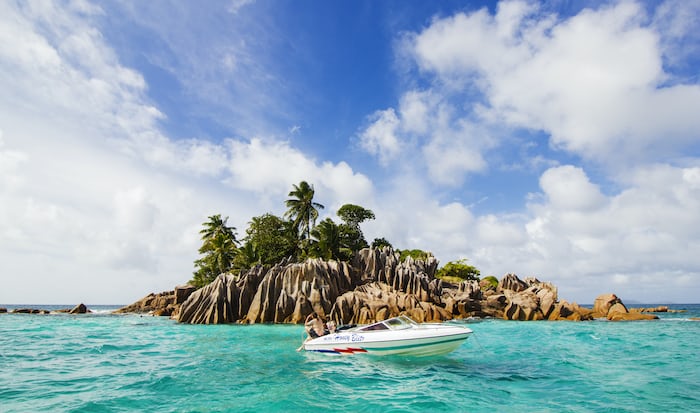
The 1979 constitution declared a socialist one-party state, which lasted until 1991. In the 1980s there were a series of coup attempts against President René, some of which were supported by South Africa. In 1981, Mike Hoare led a team of 43 South African mercenaries masquerading as holidaying rugby players in the 1981 Seychelles coup d'état attempt. There was a gun battle at the airport, and most of the mercenaries later escaped in a hijacked Air India plane. The leader of this hijacking was German mercenary D. Clodo, a former member of the Rhodesian SAS. Clodo later stood trial in South Africa (where he was acquitted) as well as in his home country Germany for air piracy. In 1986, an attempted coup led by the Seychelles Minister of Defence, Ogilvy Berlouis, caused President René to request assistance from India. In Operation Flowers are Blooming, the Indian naval vessel Vindhyagiri arrived in Port Victoria to help avert the coup.
The first draft of a new constitution failed to receive the requisite 60% of voters in 1992, but an amended version was approved in 1993. The Constitution of Seychelles lists 155 named islands, and a further 7 reclaimed islands have been created subsequent to the publication of the Constitution. The majority of the islands are uninhabited, with many dedicated as nature reserves. Seychelles' largest island, Mahé, is located 1,550 km (835 nmi) from Mogadishu (Somalia's capital).
Following the coup in 1977, the president always represented the same political party until the October 2020 Seychellois general election, which was historic in that the opposition party won. Wavel Ramkalawan was the first president who did not represent United Seychelles (the current name of the former Seychelles People's Progressive Front).
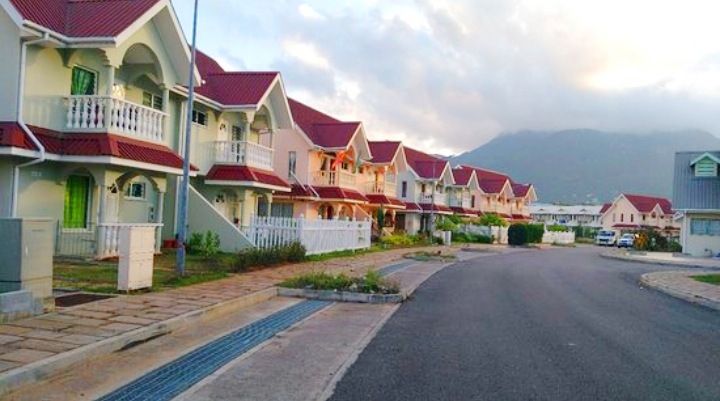
In January 2023, the Seychelles announced its final stages of completing its marine spatial plan. It would become the second largest ocean area at 1.35 million sq kms (521,000 sq. mi.) behind Norway, in support of its blue economy. The Seychelles has no oil, gas, or coal resources and relies solely on imported petroleum. Only Mahe, Praslin, and La Digue islands have electricity; total power production was around 125 million kW in 1998, and there was a plan to build a new 50 mW thermal station.
Telecommunication services in the Seychelles have been under intensive reconstruction since the early 1990s. According to the local authorities, there were 19,635 telephone lines and a rapidly growing number of mobile phone subscribers (16,316 in 1999), although the CIA World Factbook lists considerably lower numbers of phone usage. The country had 1 Internet service provider (ISP) hosting 818 accounts in 1999.
According to the site Statista, in 2020, Seychelles was the leading country in Africa in the African Infrastructure Development Index (AIDI), with 96.73 points. It was followed by Egypt and Libya, which scored 88.39 and 82.97 points, respectively. The index indicates the status of infrastructure development across the continent.
Sources: Wikipedia | Nations Encyclopedia | Statista
#penglobalhistory
